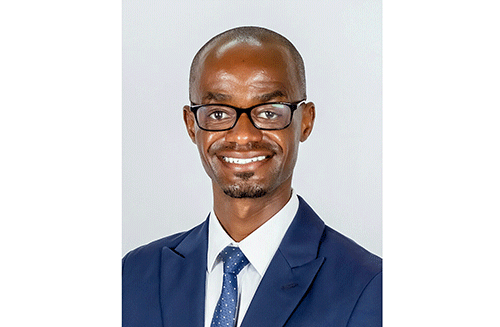I should state that African nations have been economically dependent on external powers for decades – even after gaining formal independence.
The dependence, particularly in the exportation and control of natural resources, has been in the way of the continent’s quest for genuine sovereignty.
Economically peripheral but rich in resources, most African nations are still raw material providers to the powers while people in those nations reap none to minimal benefits.
In the foreground of this neocolonial dynamic is an imbalance in the extraction, processing and ownership of resources like gold, oil and precious minerals.
The recent action of Burkina Faso by Captain Ibrahim Traoré to advance national ownership of gold production and resist Western influence points towards a radical shift.
Africa’s survival and sovereignty depend on addressing economic dependency.
It is no longer merely a theoretical endeavor.
Captain Traoré’s bold approach in Burkina Faso demonstrates the possibility and challenge of regaining political and economic independence.
Sovereign control over resources has serious hazards, but the long-term benefits of independence, progress and dignity make the effort worthwhile. Instead of being cautious, other African countries must have the bravery to stand up, seize their wealth, and change the way they interact with the outside world.
In my vernacular, they say ‘Kakala ihatondoka inadengwa’.
Hence, African leaders must redefine and disrupt the normal norm while setting a positive precedence of global trade contact and diplomacy.
The status quo of economic dependence and crisis of sovereignty is still visible in Africa despite gaining independence.
Most African nations remain economically dependent due to raw material export without local processing, unequal trade agreements and policy restrictions imposed by institutions like the International Monetary Fund and World Bank.
This undermines true sovereignty since these states do not have total control over their economic and political direction either.
Furthermore, Burkina Faso, under Captain Traoré, gives a bold example of resisting economic dependence.
Through the expulsion of foreign soldiers, the country broke military ties with France to reduce foreign control.
There are various benefits of resource sovereignty, namely economic development – holding onto resource value locally boosts employment and gross domestic product.
Less foreign dependence – nations have freedom to formulate their own policies.
National pride – sovereignty unites and makes citizens prouder of their identity and leadership model.
Burkina Faso sets an example for other countries.
Nevertheless, there could still be challenges and risks, such as corruption, that can be caused by weak institutions.
Foreign aid is needed to avert security threats from worsening.
The West could retaliate economically. Authoritarianism can result from centralised power.
Africa’s path forward requires the leadership to look at and renegotiate agreements, such as to get a good bargain for natural resources.
Build industries – invest in local manufacturing and processing.
Solidify partnerships, and cut back on foreign aid and loans.
*Abraham Shilomboleni is an author and knowledgeable business, financial and economic analyst.



